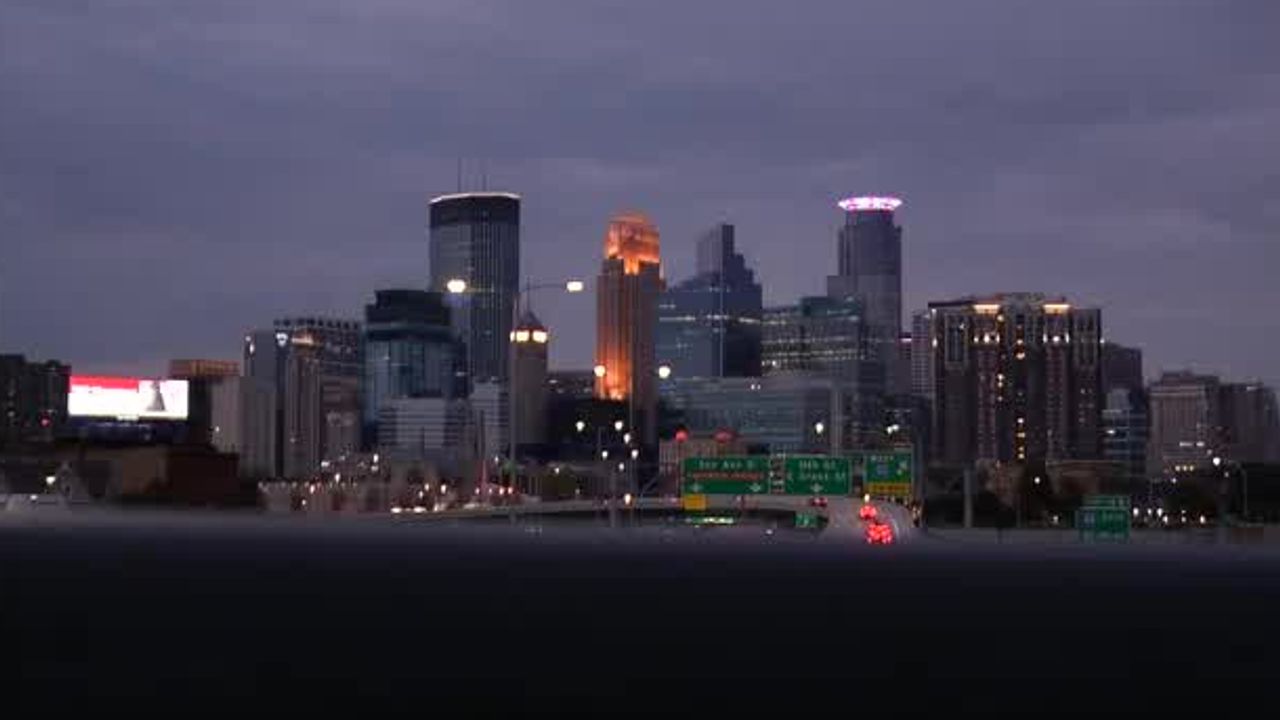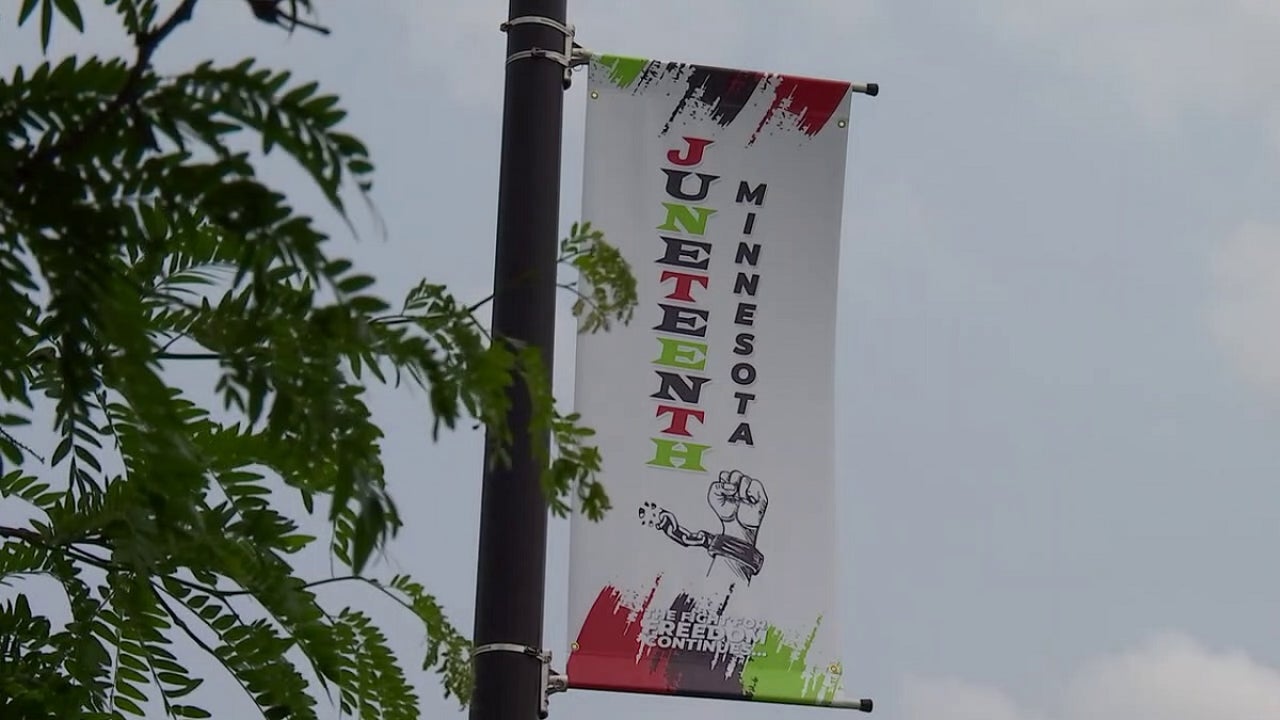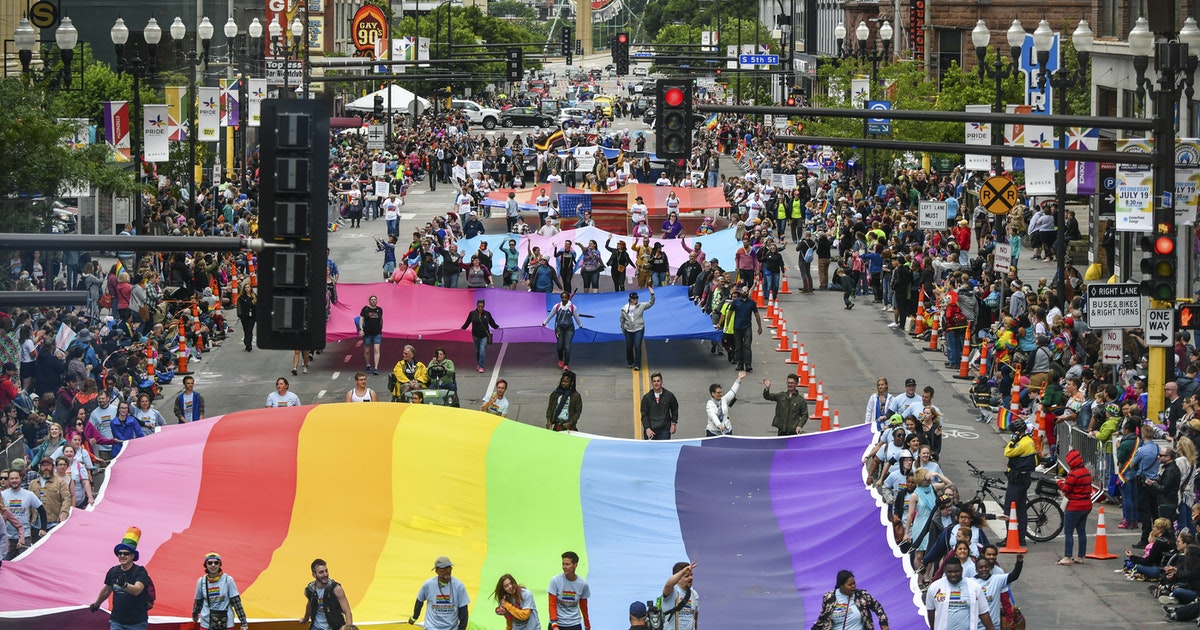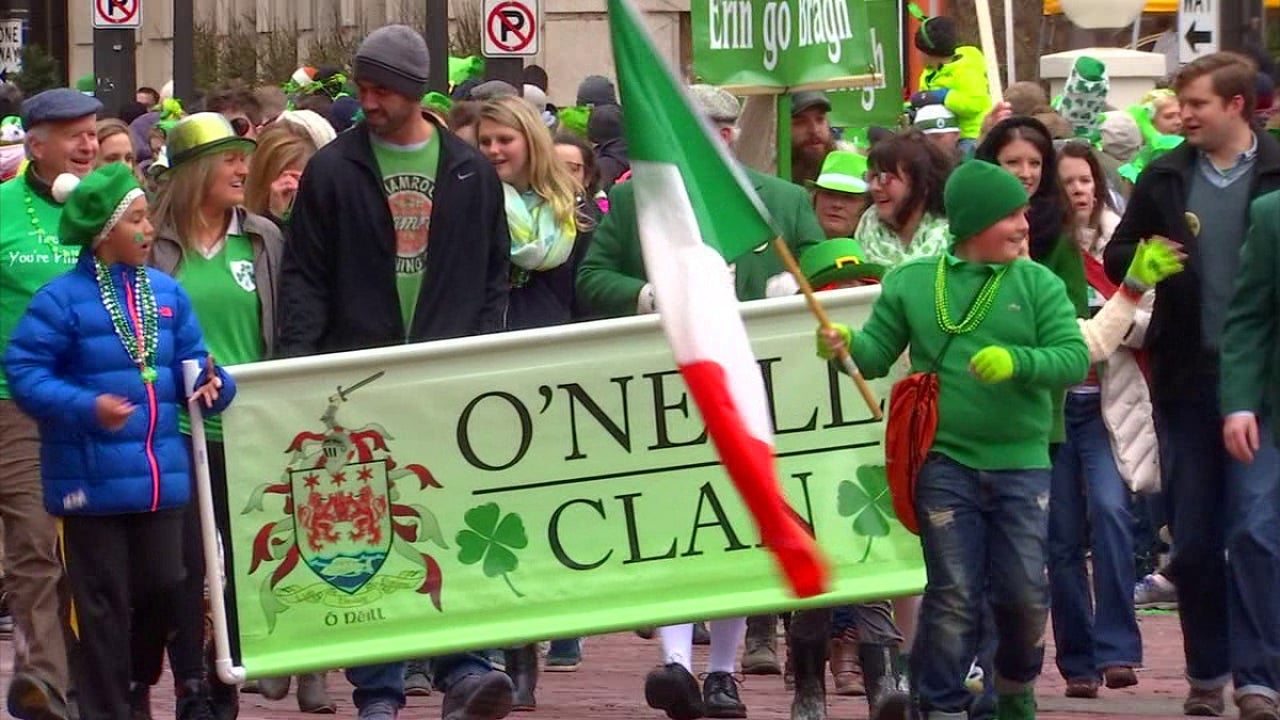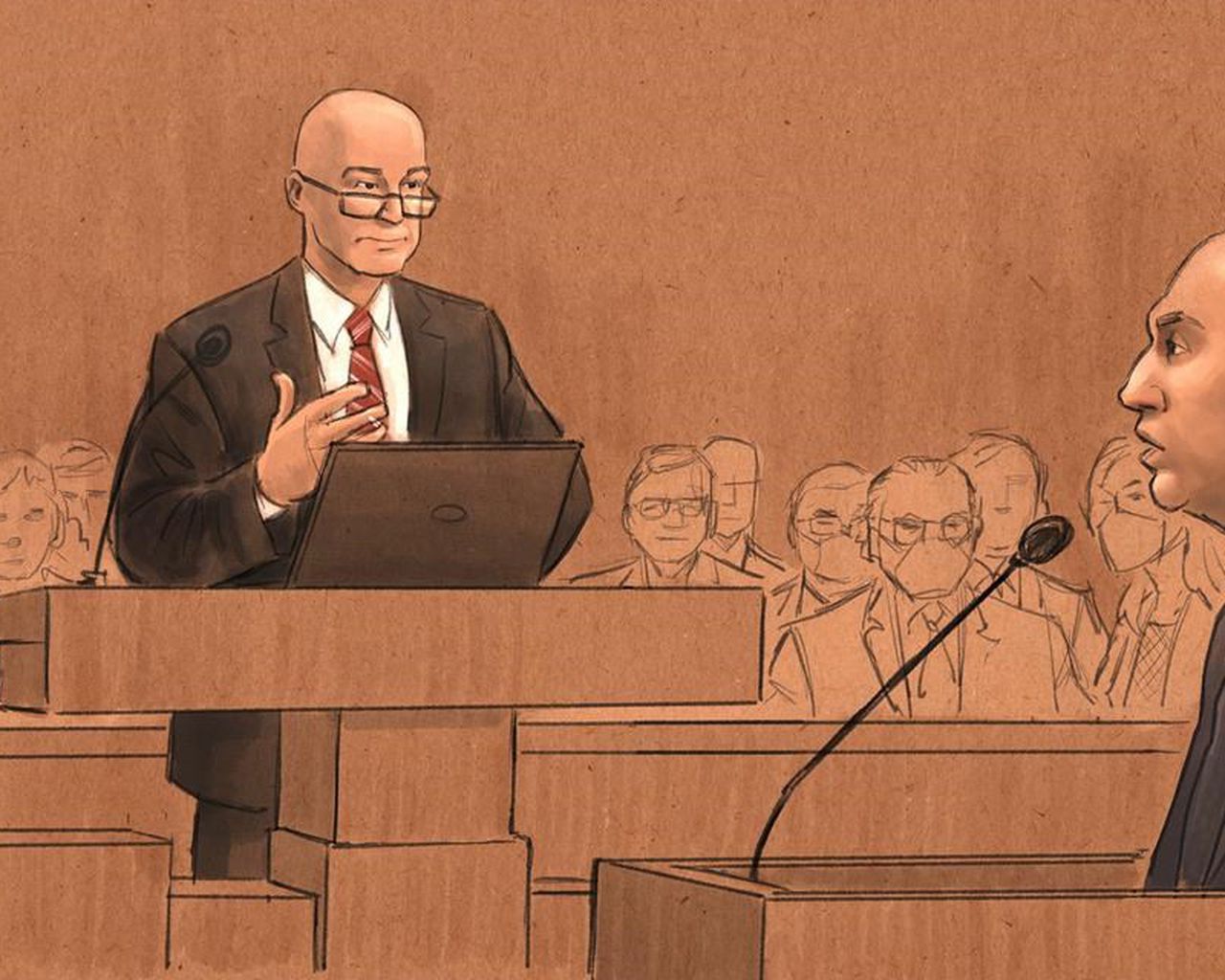MINNEAPOLIS (AP) — A timeline of key events beginning with George Floyd’s arrest on May 25, 2020, by four police officers in Minneapolis:
May 25, 2020 — Officers respond to a call shortly after 8 p.m. about a possible counterfeit $20 bill being used at a corner store and encounter a Black man, later identified as George Floyd, who struggles and ends up handcuffed and facedown on the ground. Officer Derek Chauvin presses his knee into Floyd’s neck for 9 1/2 minutes while bystanders shout at him to stop. Video shows Floyd repeatedly crying “I can’t breathe” before going limp. He’s pronounced dead at a hospital.
May 26 — Police issue a statement saying Floyd died after a “medical incident,” and that he physically resisted and appeared to be in medical distress. Minutes later, bystander video is posted online. Police release another statement saying the FBI will help investigate. Chauvin and three other officers — Thomas Lane, J. Kueng and Tou Thao — are fired. Protests begin.
May 27 — Mayor Jacob Frey calls for criminal charges against Chauvin. Protests lead to unrest in Minneapolis and other cities.
May 28 — Gov. Tim Walz activates the Minnesota National Guard. Police abandon the 3rd Precinct station as protesters overtake it and set it on fire.
May 29 — Chauvin is arrested and charged with third-degree murder and manslaughter. President Donald Trump tweets about “thugs” in Minneapolis protests and warns: “When the looting starts, the shooting starts.” Protests turn violent again in Minneapolis and elsewhere.
May 30 — Trump tries to walk back his tweet. Protests continue nationwide.
May 31 — Walz says Attorney General Keith Ellison will lead prosecutions in Floyd’s death. Protests continue.
June 1 — The county medical examiner finds that Floyd’s heart stopped as police restrained him and compressed his neck, noting Floyd had existing health issues and listing fentanyl and methamphetamine use as “other significant conditions.“
June 2 — Minnesota’s Department of Human Rights launches a civil rights investigation into the Minneapolis Police Department.
June 3 — Ellison files a tougher second-degree murder charge against Chauvin and charges the other three officers involved in Floyd’s arrest.
June 4 — A funeral for Floyd is held in Minneapolis.
June 5 — Minneapolis bans chokeholds by police, the first of many changes including an overhaul of the Police Department’s use-of-force policy.
June 6 — Massive, peaceful protests happen nationwide to demand police reform. Services are held for Floyd in Raeford, North Carolina, near his birthplace.
June 7 — A majority of Minneapolis City Council members say they support dismantling the Police Department. The idea later stalls but sparks a national debate over police reform.
June 8 — Thousands pay their respects to Floyd in Houston, where he grew up. He’s buried the next day.
June 10 — Floyd’s brother testifies before the House Judiciary Committee for police accountability.
June 16 — Trump signs an executive order to encourage better police practices and establish a database to track officers with excessive use-of-force complaints.
July 15 — Floyd’s family sues Minneapolis and the four former officers.
July 21 — The Minnesota Legislature passes a broad slate of police accountability measures that includes bans on neck restraints, chokeholds and so-called warrior-style training.
Oct. 7 — Chauvin posts $1 million bond and is released from state prison, sparking more protests.
Nov. 5 — Judge Peter Cahill rejects defense requests to move the officers’ state trials.
Jan. 12, 2021 — Cahill rules Chauvin will be tried alone due to courtroom capacity issues.
March 9 — Questioning of potential jurors in Chauvin’s state trial begins after a day’s delay for pretrial motions.
March 12 — Minneapolis agrees to pay $27 million settlement to Floyd family.
March 19 — Judge declines to delay or move Chauvin’s trial over concerns that the settlement could taint the jury pool.
March 23 — Jury selection completed.
March 29 — Opening statements are given.
April 11 — Daunte Wright, a 20-year-old Black man, is fatally shot by a white police officer during a traffic stop in suburban Brooklyn Center, sparking more protests.
April 12 — Judge declines a request to sequester Chauvin jury due to Wright ‘s death.
April 15 — Testimony ends.
April 19 — Closing arguments. Jury begins deliberations.
April 20 — Jury convicts Chauvin on murder and manslaughter charges.
May 7 — Federal grand jury indicts Chauvin, Lane, Kueng and Thao on civil rights charges.
May 25 — A street festival, musical performances and moments of silence are held in Minneapolis and elsewhere to mark the anniversary of Floyd’s death. Floyd family members meet with President Joe Biden in Washington to discuss police reforms.
June 25: Cahill sentences Chauvin to 22 1/2 years in prison, after agreeing with prosecutors that aggravating factors warranted more than the 12 1/2-year sentence prescribed under state guidelines.
Nov. 2: Minneapolis voters reject a proposal to replace the city’s Police Department with a new Department of Public Safety.
Dec. 15: Chauvin pleads guilty to a federal charge of violating Floyd’s civil rights.
Jan. 20, 2022: A jury is picked in the federal civil rights trial of the other three officers.
Feb. 22: Closing arguments are given in that federal civil rights trial.
Feb. 23: Case goes to jury.
Feb. 24: Former Officers Tou Thao, J. Alexander Kueng and Thomas Lane are convicted on all charges. All three were found guilty of depriving Floyd of his right to medical care, and Thao and Kueng were also convicted of failing to intervene to stop Chauvin.
___
Find AP’s full coverage of the death of George Floyd: https://apnews.com/hub/death-of-george-floyd
